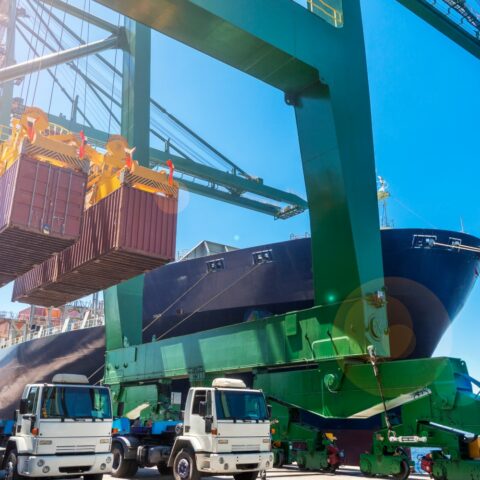The Challenge
In Madagascar, as in many other countries, traders can experience elements of their customs declarations being contested by front-line officers as soon as they are lodged.
In any country, a lack of transparency in the treatment of goods at Customs undermines business confidence, hindering trade and depriving countries of revenues. Disputes create delays at border clearance, increasing the overall time and cost of trade.
Disputes generally relate to factors such as the taxable amount and the application of external trade regulations, including tariff classification, origin, or value. Subsequent appeals are costly and create delays as dispute wind their way through the judicial system.
Also, loose, poorly-enforced regulation often paves the way for discretionary decision-making on the same goods and at different border posts, which can undermine fair competition by conferring favourable treatment.
What We Did
The Alliance supported Malagasy Customs to implement a paperless process for issuing rulings on trader applications in advance of shipment. A dedicated team within Customs now analyses requests and issues rulings, including fees payable. Companies can now apply for an advance ruling on the Customs’ website and consult issued rulings online.
To boost competency among Malagasy Customs’ staff in tariff classification and rules of origin, the Alliance invited the World Customs Organization (WCO), through the WCO-HS Africa programme, to deliver in-depth training.
Public private partnership was the cornerstone of the project’s success. The National Trade Facilitation Committee (CNFE) was heavily involved throughout, and Customs was very supportive during implementation. The private sector was engaged from inception to completion, participating in training and awareness-raising sessions throughout the country.
The Impacts
The introduction of an advance rulings mechanism in Madagascar is expected to reduce costs and delays while reinforcing confidence in customs procedures. It aligns with the country’s priority to make import, transit, and export formalities simpler and more predictable.
Prior to import or export, advance rulings give traders the right to request written approval for a legal opinion on how Customs will treat their goods. This opinion is binding, uniformly applied, and valid for a certain period, usually several years.
Advance rulings by a central administration will be binding on all front-line customs officers and on the applicant, who is obliged to use the decision as part of its customs declaration at customs clearance.
Reducing discretionary decision-making enhances predictability and transparency, lowers the time and cost of trade for those who avail of it, and strengthens relationships between Customs and the private sector.
The introduction of advance rulings:
- reduces delays and costs borne by traders in having to resolve clearance disputes
- applies decisions uniformly at all points of entry/exit in Madagascar (ports and airports)
- encourages compliance with customs regulations
- improves internal practices at Madagascar’s Customs and trading companies
- gives companies clarity on trade-related fees and, for the government, boost customs revenues
- improves relations between traders and Customs
- bolsters Madagascar’s trade competitiveness
Predictable treatment may also entice micro, small and medium enterprises (MSMEs) to engage in trade activities for the first time or expand them further if they are already in international markets.


 Madagascar
Madagascar

